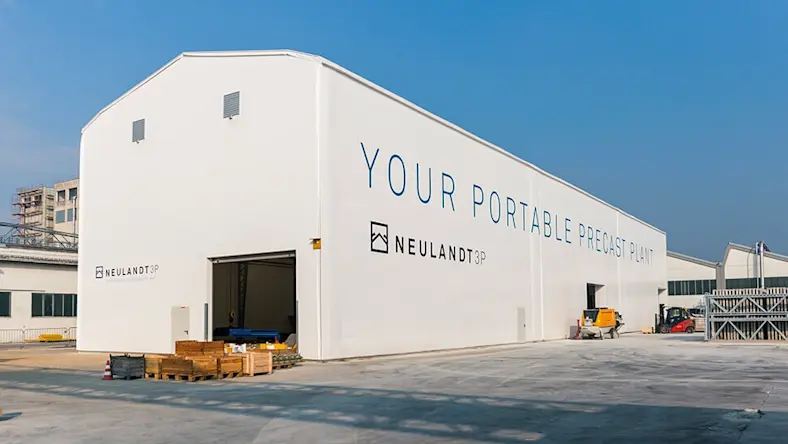& Construction

Integrated BIM tools, including Revit, AutoCAD, and Civil 3D
& Manufacturing

Professional CAD/CAM tools built on Inventor and AutoCAD
Leah Bayer, President, FORA: What I love about architecture and being involved in architecture is it allows us to really improve the lives of others. That’s what we do with architecture. That’s what I do in my position in the business. I try to support the lives of our team so that they can, in turn, support and enhance the lives of others through architecture.
Victoria Via, Designer, Technology Lead, FORA: We’re a fully virtual, women-led office, and we do primarily multifamily affordable housing. It’s such a wonderful experience working with people across the country with different experiences, different backgrounds, each with their own perspective on how we tackle the affordable housing crisis.
Sarah Vaccaro, Principal, FORA: I’d say our mission is to creatively, purposefully attack the housing crisis from different angles. That main point of attack is multifamily affordable housing, providing new housing, dense housing for low-income families.
Denise Forbes, Architect, FORA: It’s great to see something being done to improve the human condition for so many people out there. Affordable housing is a great thing. I’m glad that I’m involved in it, and I feel that I’m doing something better for the planet, the world.
Vaccaro: What I’m really interested in is how can we creatively allow homeownership within those shared properties to allow people that are moving out of our multifamily affordable housing units in buying a portion of a home and building equity, and then continuing on toward full-time homeownership—just creating housing of all different levels.
Via: Our technology needs to support many different skills. Architects and designers need to be able to produce beautiful renderings and drawings. We also need to run energy models and do really data-heavy things. For our team, the cloud is extremely important. We want to make sure that we can collaborate and that everyone on the team has access to all of our files at all times.
Bayer: We started remote, so technology was the basis and backbone of our business. It’s not the point of our business. It is the thing that allows us to do what we do well. Having the right platforms in place allows us to do better architecture. It also frees us up to be a little bit more creative. Technology will always change. It’ll never be constant. For us, that’s exciting because the more technology evolves, the better we can do our jobs.
Forbes: During my career, I’ve found it interesting that most women leave the office at a certain point in time to have children. It really messes with their career in that they come in, they get that introduction to the business, and then they’re gone. This remote thing, this virtual world, allows a woman to stay home, be with her child.
Vaccaro: I have worked with some amazing female colleagues, and they are powerhouses. They’re extremely efficient. They’re confident in what they do. They have priorities outside of work. It forces intentionality in the time that they are at the office.
Via: My husband and I are avid rock climbers. When we were in New York, we wanted to travel, and we wanted to be able to see different climbing areas and be able to chase good climbing weather. Three years ago was really when I first thought about working remotely, and I haven’t regretted it since.
Forbes: I will work at night. I’ll have dinner, and then I’ll plunk down and finish off whatever’s left of my eight-hour day. On weekends, I will work if I need to, if I have a deadline. That flexibility is great in that it allows you to do whatever you want.
Vaccaro: I don’t think I ever did imagine working fully from home. At times, it feels like I’m breaking the rules a little bit, like, oh, I can just hang out and do everything here. But it’s really empowering. It’s allowing me to live the life that I want to live.
Via: I love my work, and I love my teammates and my company, but I think there’s also a lot to be said for everything else in life. I think I’m better at what I do at work, because I have other things that I do outside of work.
Bayer: Life is short. Nothing is guaranteed. You don’t know if you have tomorrow. I think what’s been on a lot of people’s minds lately—with everything that’s been going on—is that we need to make sure that we’re living every day to the fullest extent possible.
Vaccaro: Home is a component of healing and reentering society in a positive, productive way. But it’s also the place that forms in the community that helps create that restorative process.
AECO
AECO
AECO


